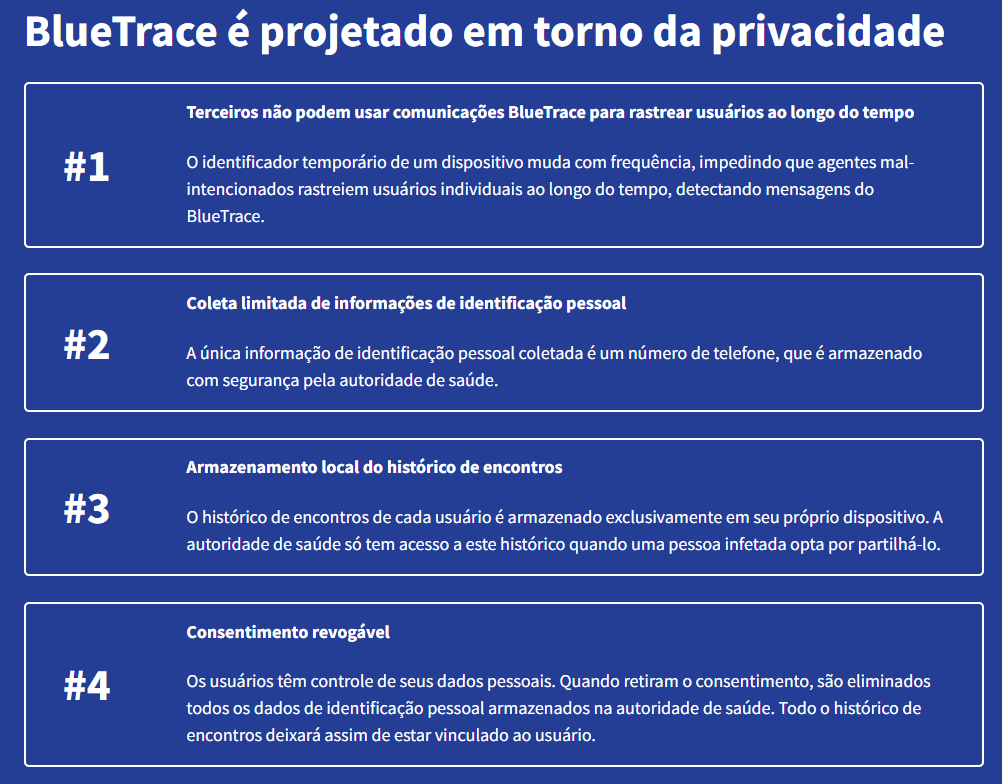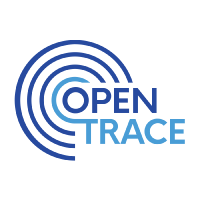Herramientas/Tool Index
OpenTrace
What is it?
Is a privacy-preserving protocol for community-driven contact tracing using Bluetooth devices, which enables global interoperability.
Why it was developed?
OpenTrace is designed for decentralized proximity registration and complements centralized contact tracing by public health authorities. Proximity registration using Bluetooth addresses an important limitation of manual contact tracing: that it relies on a person's memory and is therefore limited to contacts that a person knows and remembers having met. OpenTrace therefore allows contact tracing to be more scalable and use fewer resources.
Why we are sharing it?
OpenTrace is designed around privacy
1 - Third parties cannot use OpenTrace communications to track users over time
A device's temporary identifier changes frequently, preventing malicious actors from tracking individual users over time by detecting OpenTrace messages.
2 -Limited collection of personally identifiable information
The only personally identifiable information collected is a phone number, which is securely stored by the health authority.
3 - Local storage of dating history
Each user's encounter history is stored exclusively on their own device. The health authority only has access to this history when an infected person chooses to share it.
4 - Revocable consent
Users are in control of their personal data. When they withdraw consent, all personally identifiable data stored at the health authority is deleted. The entire dating history will then no longer be linked to the user.

Have you reused or are you planning to reuse this tool?
Simply send an e-mail to [email protected] requesting a "tool reuse badge", exclusive to the IDB.
